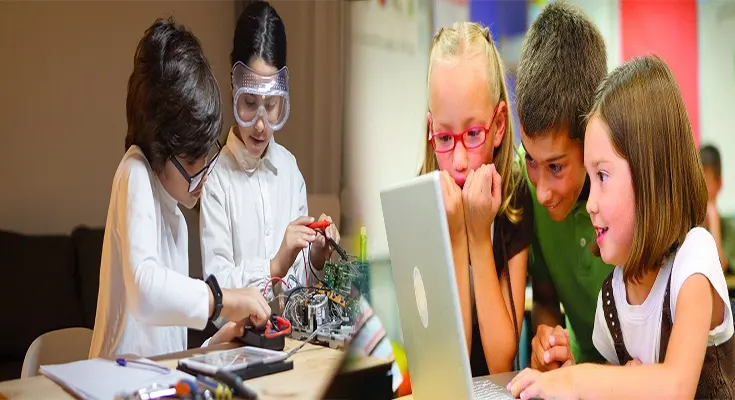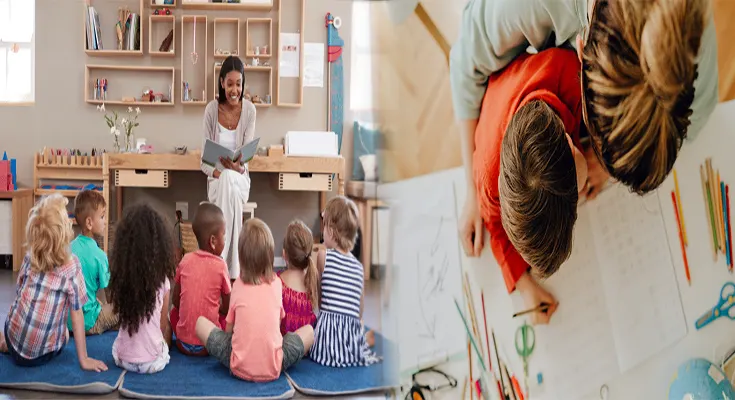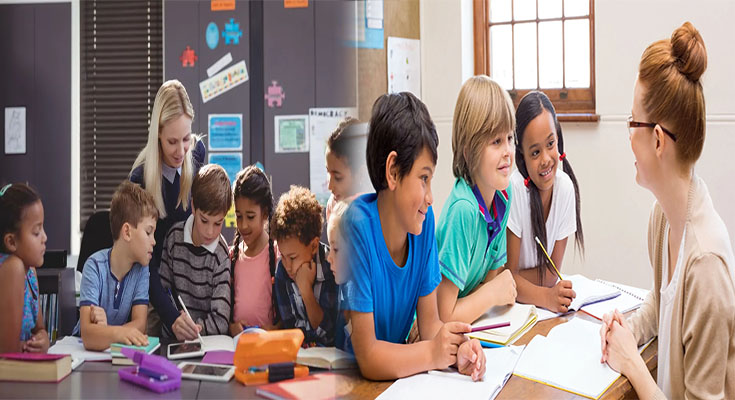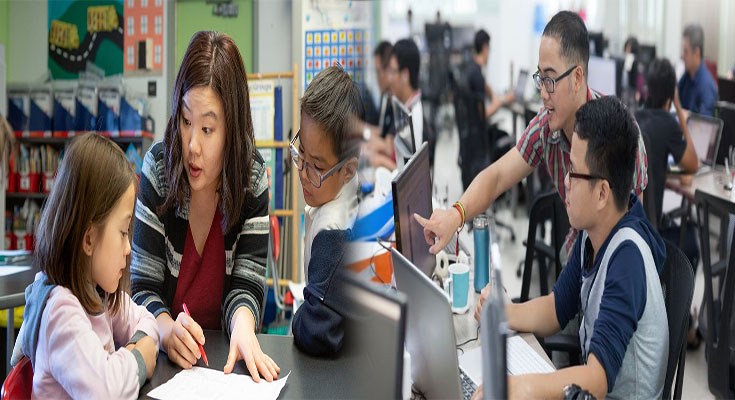
Project-Based Learning vs. Traditional Classroom Methods: A Comparative Analysis
Education has evolved over the years, giving rise to various teaching methodologies aimed at enhancing student learning outcomes. Two popular approaches that have gained prominence in recent years are project-based learning and traditional classroom methods. In this article, we will delve into the key differences between these two methodologies and explore their impact on student engagement, critical thinking skills, and academic success.
Traditional Classroom Methods:
Traditional classroom methods have long been the cornerstone of education, characterized by a teacher-centered approach where the teacher imparts knowledge to students using lectures, textbooks, and worksheets. In this method, students are typically passive recipients of information, with limited opportunities for active participation and hands-on learning experiences. The focus is often on rote memorization and standardized testing to assess students’ understanding.
Project-Based Learning:
Project-based learning, on the other hand, is a student-centered approach that emphasizes active, inquiry-based learning. In this methodology, students work on real-world …
Project-Based Learning vs. Traditional Classroom Methods: A Comparative Analysis Read More




